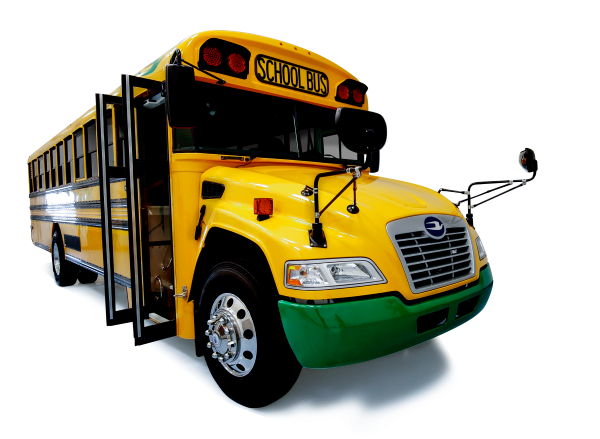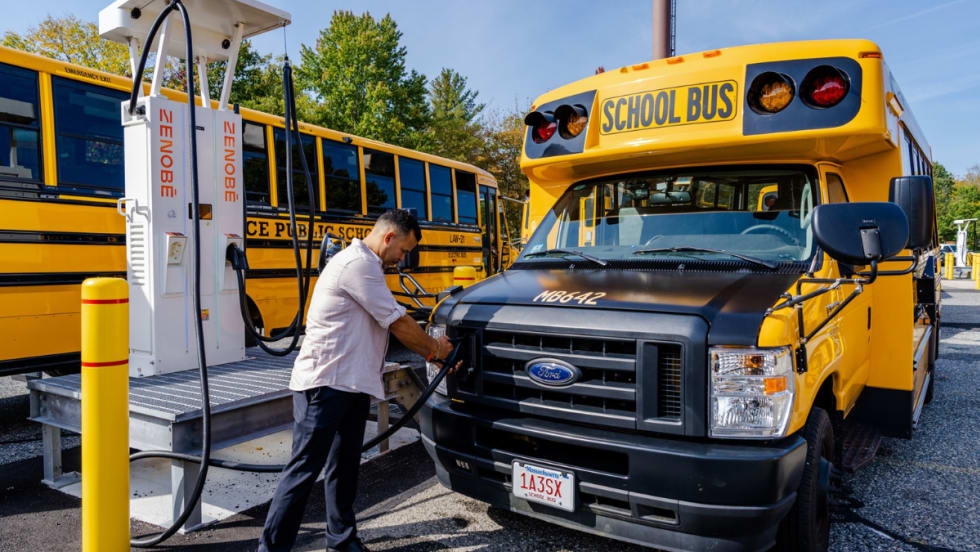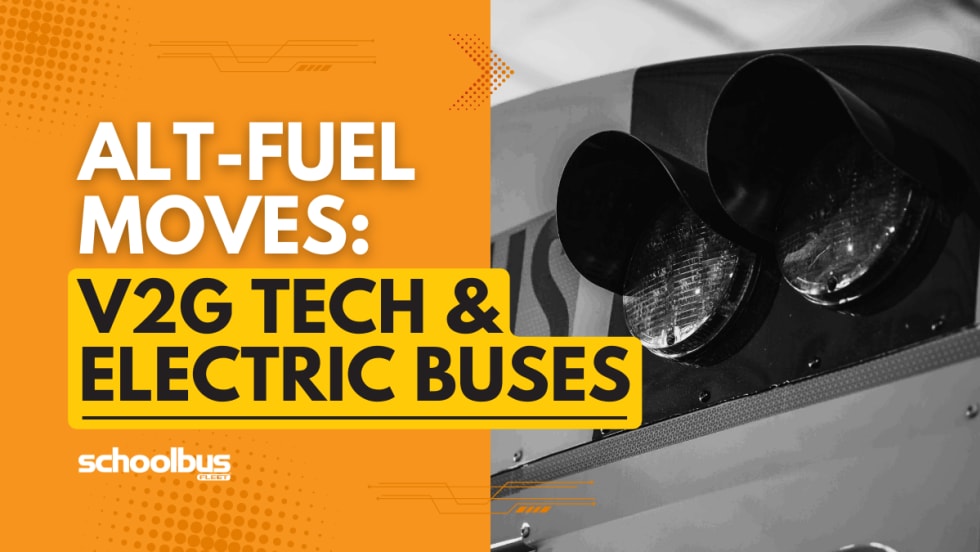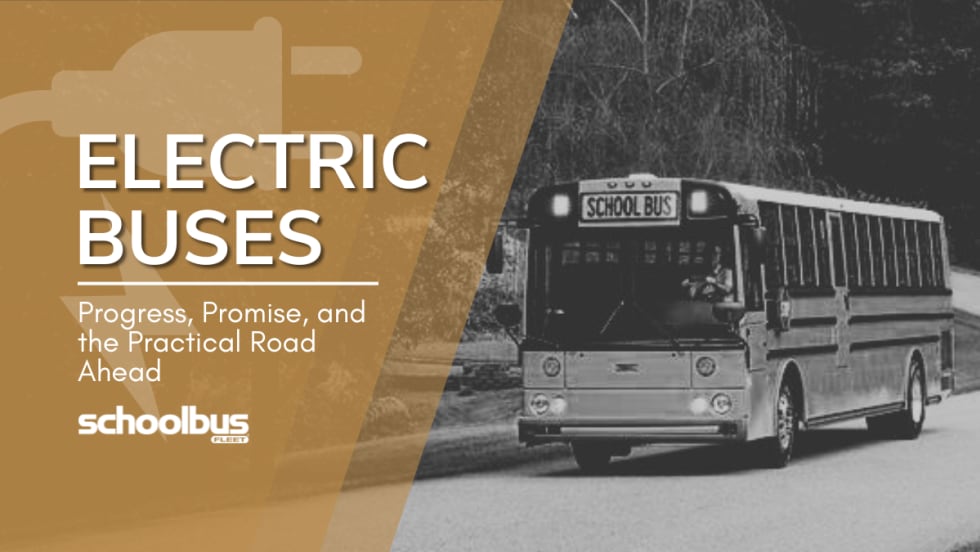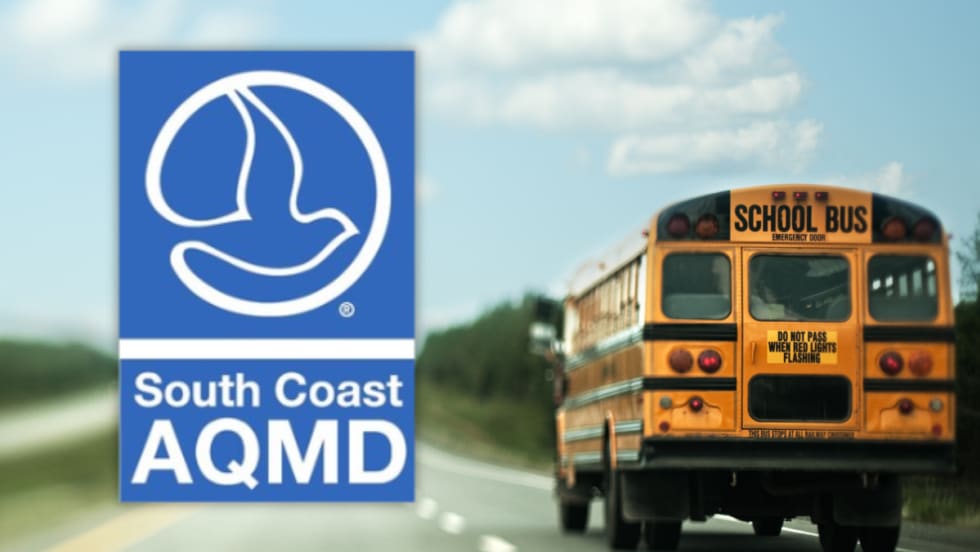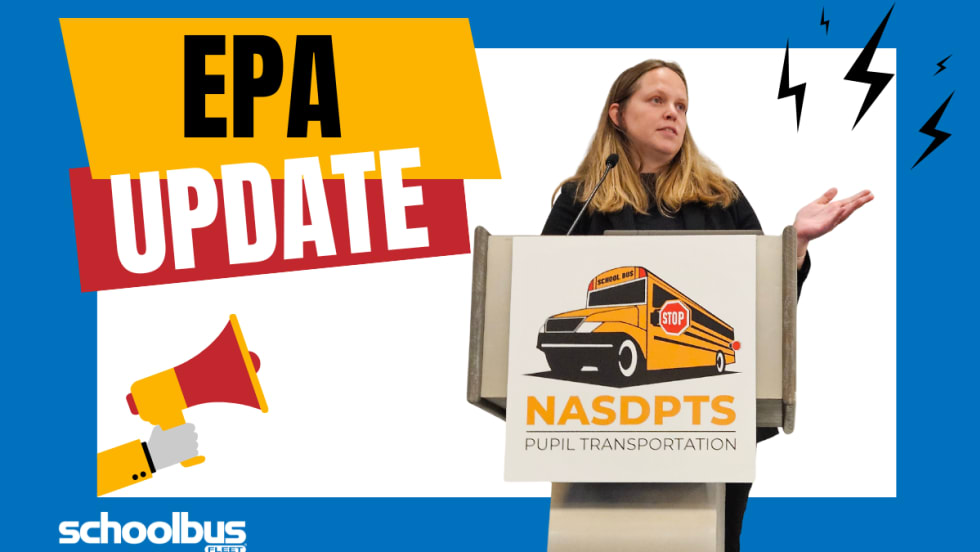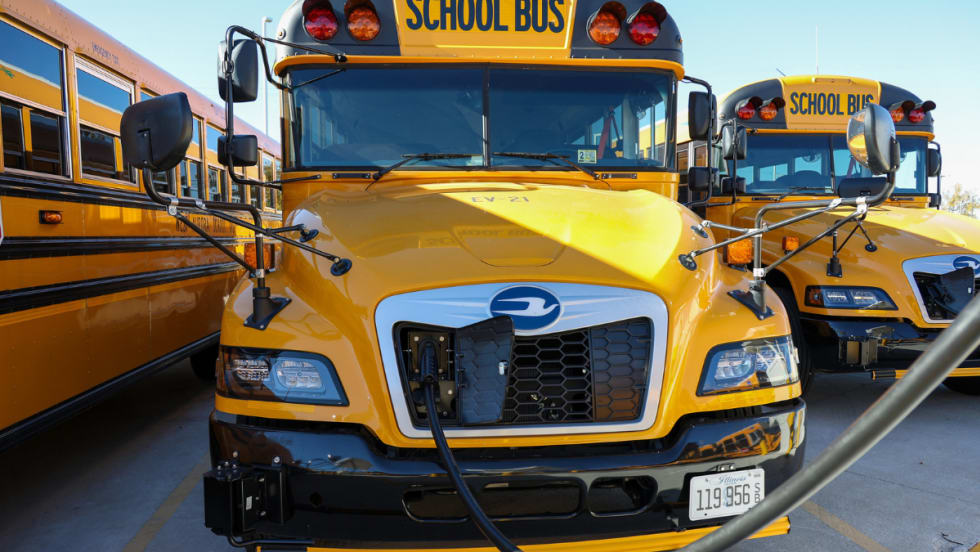In response to a significant boost in sales and growing interest from pupil transporters, Blue Bird is ramping up its electric bus production capacity to 1,000 units annually to meet the anticipated growth in demand.
The school bus manufacturer’s electric-powered school bus sales spiked more than 250% in fiscal year 2020 compared with last year, according to a news release from Blue Bird.
That reflects a broader trend of school bus customers increasingly seeking alternative-powered vehicles, said Phil Horlock, president and CEO of Blue Bird Corp.
“About 50% of Blue Bird’s bus sales today are non-diesel, twice the industry average, as we have led the market in alternative-power solutions over the past 10 years, with our best-in-class propane engine paving the way,” he added. “Now we are seeing an unprecedented interest in our electric-powered buses.”
Blue Bird expects to have close to 300 school buses on the road by year-end since delivering its first zero-emissions bus two years ago, Horlock said.
“With more than 600,000 school buses on the road today in the U.S. and Canada, and 95% of them diesel with an average age of about 11 years, the addressable market of America’s largest mass-transportation system represents a substantial $150 billion opportunity for electric buses over the next 20 years or so,” he added.
Blue Bird’s electric school buses also offer vehicle-to-grid (V2G) charging and discharging capability, allowing users to sell power back to the electric grid at peak-demand times (particularly in summer when school buses are idle), which can reduce operating costs.
Another factor that can lower operating costs: electric buses currently utilize lithium-ion batteries to power an electric motor and have equal to or better performance than that of a bus operated by a combustion engine, according to Blue Bird. They can save districts thousands of dollars annually in fuel and maintenance costs since there is no engine or transmission to service, oil, and filter changes to consider, or typical diesel-specific items such as diesel exhaust fluid (DEF) to maintain.
Learn more about Blue Bird’s electric buses.



